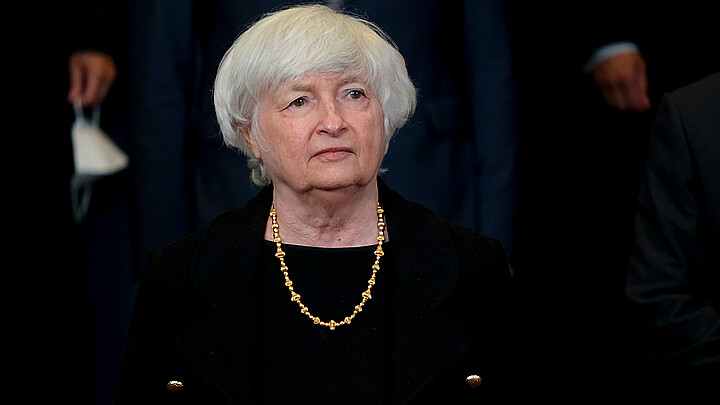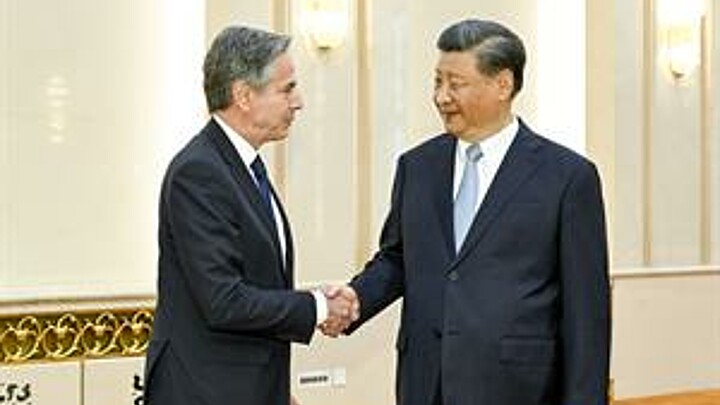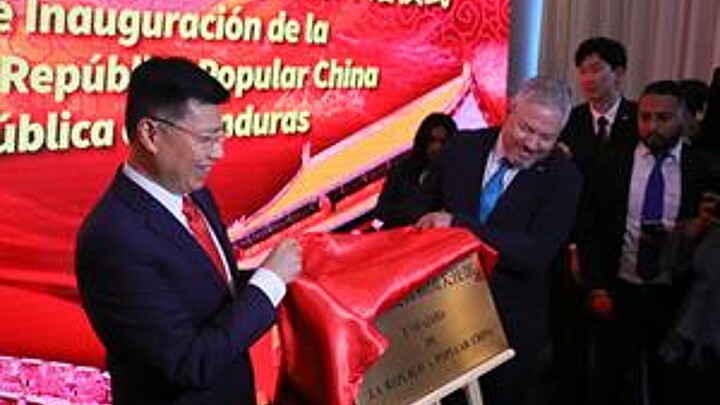Politics
Xi could be in power for decades to come, says former Australian PM
The Chinese leader is expected to take an unprecedented third term as secretary general of the Communist Party.
October 17, 2022 2:47pm
Updated: October 17, 2022 5:08pm
International observers expect Chinese leader Xi Jinping to be appointed to an unprecedented third five-year term as general secretary of the Chinese Communist Party at their congress this week in Beijing – a reign now set to last 15 years.
But a former Australian diplomat argues that President Xi could remain in power for 15 more years, at least, reports The Daily Mail.
Kevin Rudd, whose second term as Australian prime minister in 2013 coincided with Xi’s first year in office, warned that Xi could lead the country into the late 2030s – his mid 80s – because his parents lived at least that long.
“So Xi is likely to lead the country for the rest of his life, although his formal designations may change over time,” Rudd said in a piece in Foreign Affairs magazine.
“His mother is 96 and his father lived until he was 89,” he added. “If their longevity is any indication of his, he is poised to remain China's paramount leader until at least the late 2030s.”
Rudd says that Xi, whose father was persecuted by revolutionary leader Mao Zedong, will likely never retire over fears of retribution from his enemies if he were to ever step down.
“As a lifelong student and practitioner of Chinese politics, he knows full well that if he did leave office, he and his family would be vulnerable to retribution from his successors,” Rudd said.
Xi consolidated power under himself over the years, currently holding three top positions in China’s bureaucracy – general secretary of the CCP, president of the People’s Republic of China and chairman of the CCP Central Military Commission. This effectively gives him control of the country’s sole political party, the state and the military, according to an Al-Jazeera explainer.
At this year’s 2,300-delegate party conference – the 20th since the party’s founding in 1921 – Xi is expected to be reelected as the CCP’s leader for a third term. This breaks the precedent set by his predecessors, Hu Jintao and Jiang Zemin, each who stepped down as general secretary after two five-year terms.
The former Australian diplomat thinks surveillance technology will help the Chinese president suppress uprisings in a way Mao and Soviet dictator Joseph Stalin could not. Rudd also said that Xi is looking to the country’s rising “nationalist generation,” many of whom were educated at domestic universities instead of abroad, to support him and his political vision.
“It would be foolish to assume that Xi's Marxist-Leninist vision will implode under the weight of its own internal contradictions in the near to medium term,” asserted Rudd.
“If political change does come, it will more likely arrive after Xi's death than before it.”










